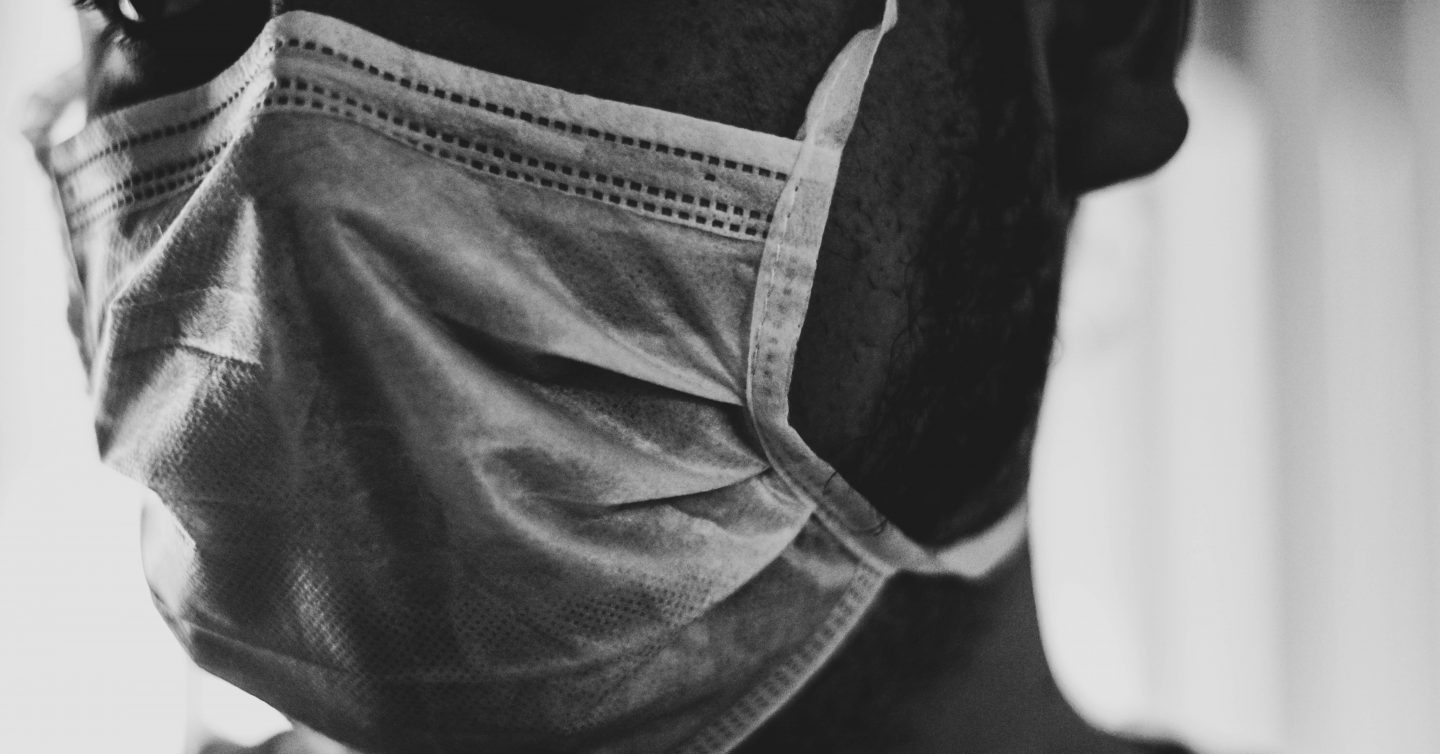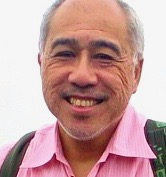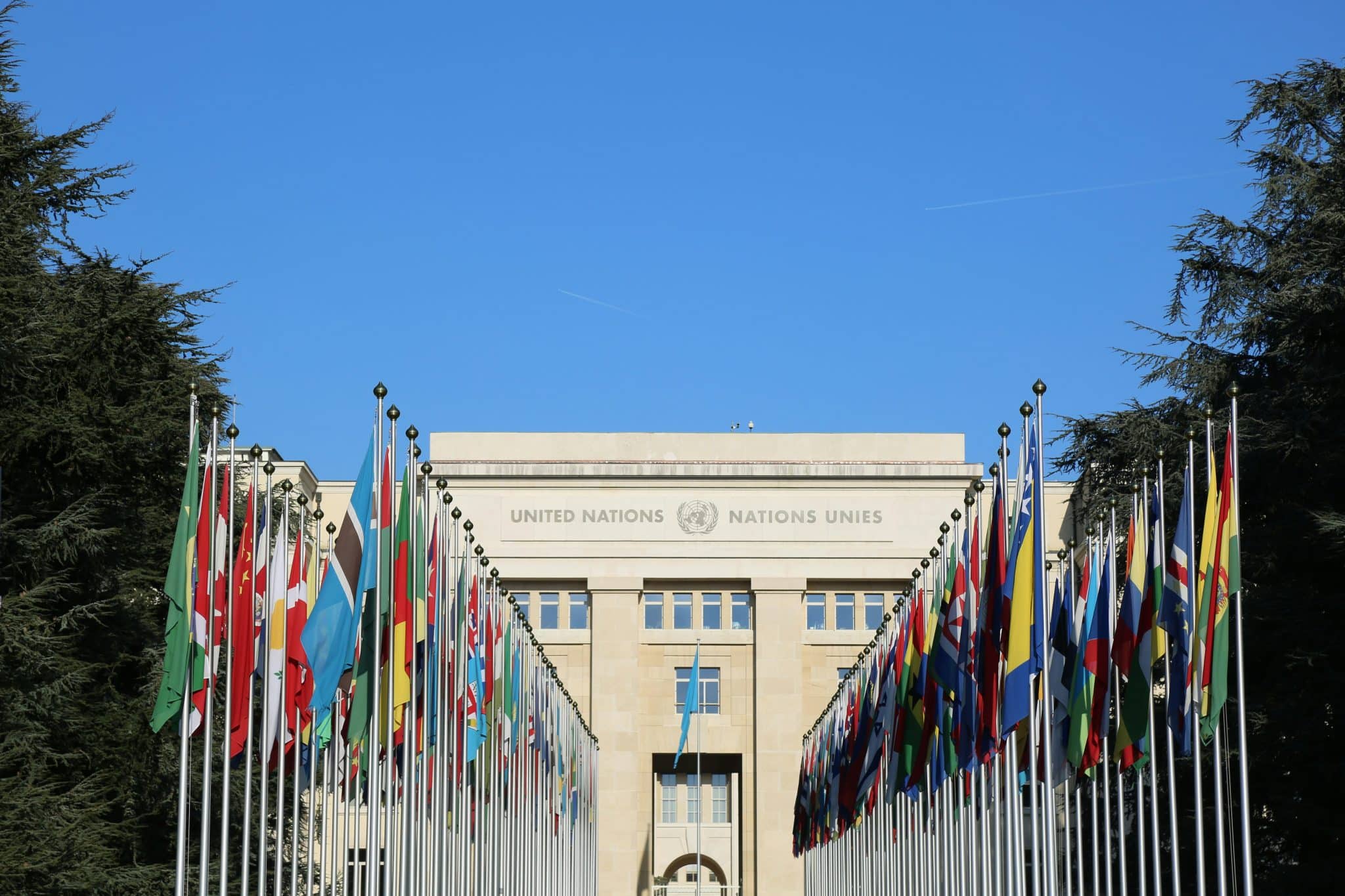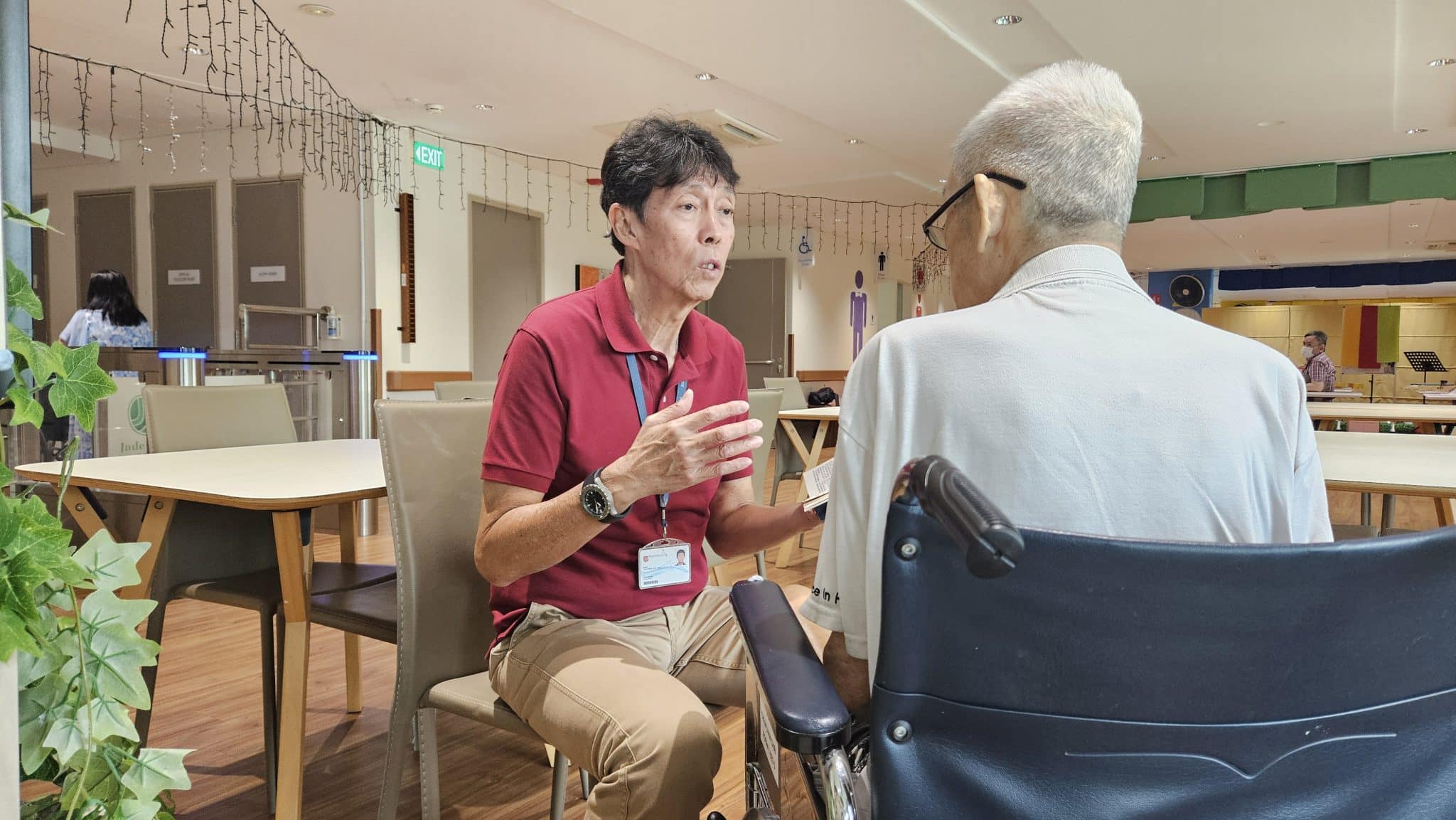“When death shows up, you can’t hide it away, or pray it away”: A doctor reflects on the heartache and the hope
Dr Lee Chung Horn // April 29, 2020, 12:48 am

"When history is written, we may see how Singapore has grown, as a nation and civil society. We Christians may see how we fared, as a people of faith," says Dr Lee Chung Horn. Photo by Tai's Captures on Unsplash.
I remember the first day, or rather, my first day.
That would be January 22, three days to the Lunar New Year. That day, I heard the news of a virus outbreak in Wuhan, China. When our family (we are a medical family) came together on the first day of the Year of the Rat, the talk was about Wuhan, quarantine, serology and lockdown. I recall a sense of unease settling into my heart.
My discomfiture came from my memories of the SARS outbreak that consumed East Asia in 2003. As a medical doctor, I remembered what the country went through, and more intimately, what our healthcare system experienced.
The storm that was SARS
There were the heartbreaking things, and there were the personal things. It’s not possible to separate them.
When the storm ended, our national numbers were: 238 cases and 33 deaths, giving a case fatality rate of 14%. We cannot compare the pain inside each SARS story, but when 41% of the infected were healthcare comrades, the anguish becomes personal and wrenching for us.
Many friends in healthcare said they didn’t know, when they left home in the morning, if they would return when the day ended.
Three of us died because of working inside the storm: A cardiology resident, a vascular surgeon and a nurse, the last one on Mother’s Day.
I remember the pervasive public fear that descended on Singapore. Because clusters took root in three public hospitals, the public healthcare system, which had to be defended, was reorganised.
As work teams were created quickly, a siege mentality took hold of the profession.
Many friends in healthcare said they didn’t know, when they left home in the morning to go into the hospitals, if they would return when the day ended.
Because I’m an endocrinologist, I didn’t work in the frontline. But even non-frontliners understood the grim stakes.
A large proportion of us, whether we work in the public or private sectors, grew up in our public hospitals. We knew the departments, the wards, the beds, the elevators, the carparks, the laboratories, ICUs and X-ray departments.
We knew the people who worked there. They were our friends, they were brothers and sisters in arms.
When a medical colleague dies, you feel like the air has been punched out of you.
Medical deaths, particularly those incurred in the line of duty, hit medical folks very hard. This is not at all to say we feel less devastated when a bus-driver dies, or a factory worker dies.
It’s hard to explain the difference. When a medical colleague dies, you feel like the air has been punched out of you. It feels like a deflation, or an exhalation.
It’s not fear. We don’t become more afraid of dying ourselves. We don’t stop showing up for work. We don’t feel a desire to quit. We just want to be better at our jobs.
Because doctors receive training in disease management, medical statistics and death figures, they are particularly needed in national emergencies, so that they can help politicians, government and other agencies deliver a cogent plan.
When SARS came, it became the testing of what we had trained for, and what we believed in. What will COVID-19 bring?
January’s big question lodged in our hearts. In the 17 years that have passed, are we better prepared now?
First we counted cases, then we counted deaths
When history is written, we may see how Singapore has grown, as a nation and civil society, entering the information age.
We Christians may see how we fared, as a people of faith, one religious group within a multi-religious nation.
When death shows up, you can’t hide it away, or pray it away.
Singapore recorded its first COVID-19 deaths on March 21. Two persons died on that day. At first, Singaporeans counted cases. Now we also counted deaths. It’s easy because the government, through the Internet, puts the information out there every day.
The Internet also plugged Singaporeans into world news. Few of us will remember today that Canada was the only Western nation which wrestled strenuously with SARS. It was largely an East Asian nightmare.
The Internet connected us to instant images of Singaporeans making a run on local supermarkets, also transporting us into Wuhan, Italy, Spain, and spring break breaches in the US.
When death shows up, the bar of accountability ascends.
When the pandemic moved to the US, we watched the unfolding news with a mixture of sympathy and self-righteous horror. The current Trump administration, reeling from a recently concluded impeachment trial, now tramps its way through a deep polarisation that has fractured the country and destroyed trust between people and institutions.
The appearance of COVID-19 deaths in the US blew away the lies and excuses and posturing. Nothing clarifies peoples’ minds like death. When death shows up, the bar of accountability ascends.
By March 26, the US became the country hardest hit by the pandemic, recording more cases and more deaths than any other country in the world. (Editor’s note: As at the time of publication, there are close to a million cases and almost 56,000 deaths in America alone.)
In comparison, SARS infected about 8,000 people, killing 774 of them. Most of the deaths had occurred in China, Hong Kong, Taiwan, Canada and Singapore.
The COVID-19 numbers are a world away.
The day is coming
One Christian WhatsApp workgroup that I’m part of told its members to stop posting videos, memes and news about the coronavirus situation to the group. The administrator was afraid that unregulated posts would cause people to miss “the important stuff”.
In a sea of bad news, not every person is a strong swimmer.
When an awkward silence descended on the group, I wondered if people felt punctured.
In a sea of bad news, not every person is a strong swimmer. Our swimming skills aren’t always immediately known, or identified, to others in the same waters. We are comforted by the strong swimmers, even the jokey ones who splash about a lot.
Hearing the voices of comrades helps us stay afloat. Perhaps the poison of fake news and conspiracy theories made the administrator overly-careful. But the aroma of forgiveness that is brewed in closely-knit chatgroups helps us all get through a difficult predicament.
Talking about the coming of the new kingdom, Jesus spoke these words: “On that day, let the one who is on the housetop, with his goods in the house, not come down to take them away, and likewise let the one who is in the field not turn back.” (Luke 17:31)
In Luke 17:31, Jesus was talking about the day of the Lord, a coming time when things will change.
Jesus was talking about the day of the Lord, a coming time when things will change. When the day arrives, there would not be time any more. In John’s Gospel, Jesus re-calibrates our thinking about time by telling us that it is still day, but night is coming “when no one can work”. (John 9:4)
In many areas around the world, the night seems to have come, and swiftly, as the pandemic quietly took people, striking them down, and overwhelming hospitals.
In Singapore, despite the non-stop worrying, the dark night of untrammelled deaths has not yet come.
May it never.
We are an independent, non-profit organisation that relies on the generosity of our readers, such as yourself, to continue serving the kingdom. Every dollar donated goes directly back into our editorial coverage.
Would you consider partnering with us in our kingdom work by supporting us financially, either as a one-off donation, or a recurring pledge?
Support Salt&Light




